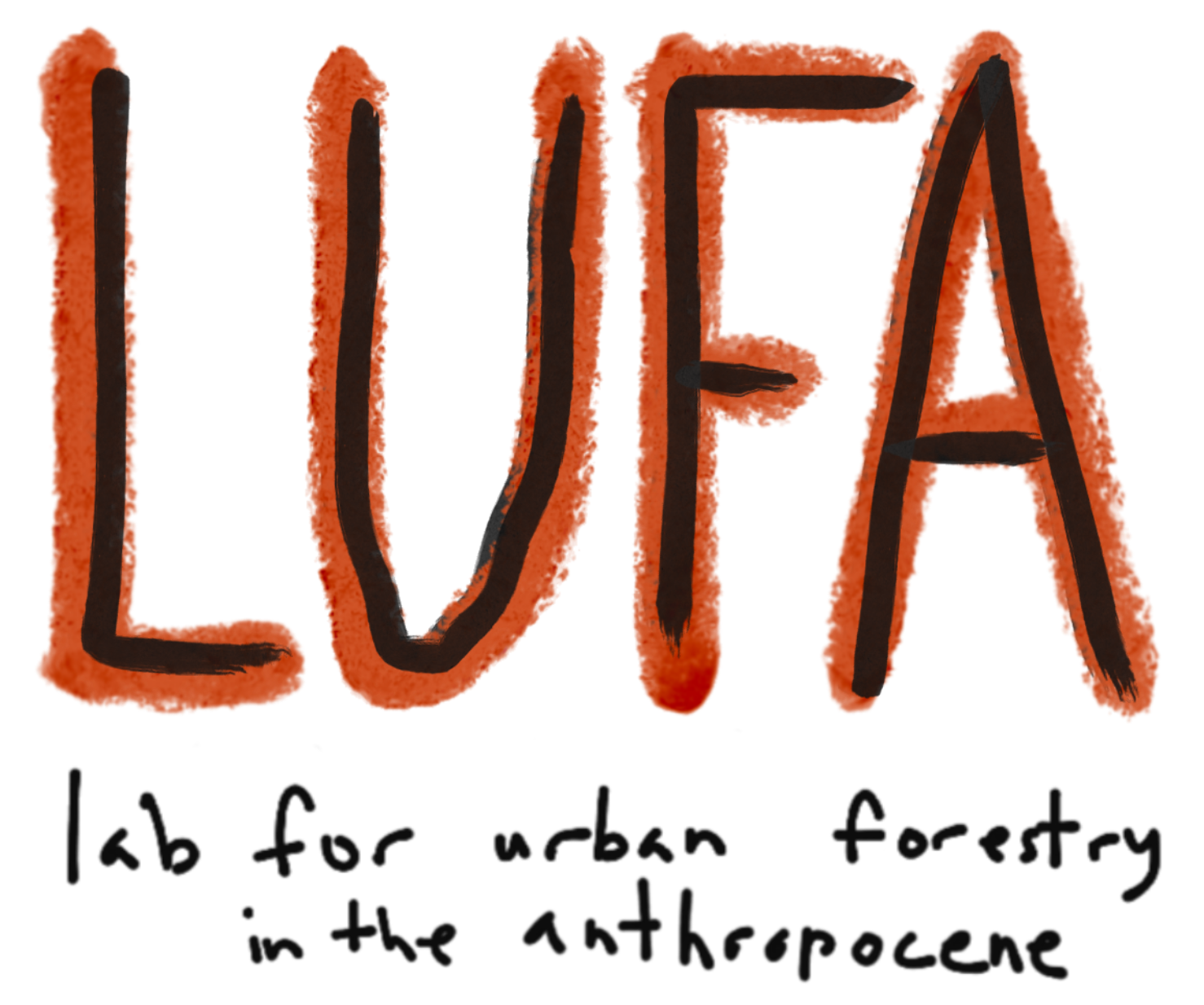BY Shelby KlingbergWith over 100 neighborhoods and around three million people, Chicago is known for its diversity and culture. But, many communities in Chicago, specifically southern neighborhoods, are food deserts (see map below). These areas where fresh, affordable produce is difficult to acquire.
Community gardening is an effort that provides a space to strengthen relationships while simultaneously providing physical aid to food insecure people. Community gardens have been rising in popularity and for good reason. These gardens not only provide aid and allow growth for communities, but also help combat climate change and its negative effects.
0 Comments
BY Grace CarolloCurrently, the agriculture industry in the United States presents a wicked sustainability problem both environmental and socially. The combination of increased population, increased demand of/addiction to dairy/meat/processed foods, and government policies connected with big agricultural companies worsens our impact on the environment while ignoring the needs of the poor. The United States runs off both a national and international food system, where the developed nations largely depend on intensive farming (monocropping) crops (corn, soy, rice, wheat) and factory faming livestock, which mostly occurs overseas, to supply the majority of our diets.
BY DJ SinghThe Great Lakes account for the largest amount of freshwater in the world, outside of the polar ice caps. It is essential to preserve these lakes and keep pollution away, chiefly as global warming continually depletes the large ice caps. For the most part these lakes are surrounded by dense forestry and nature preserves but not along the coast of Chicago, the largest city touching any of the lakes.
Chicago's 63-mile coastline only accounts for less than .04% of the lake’s total coastline but accounts for the largest amount of pollution into the lake. Lake Michigan is the third largest of the Great Lakes, behind Superior and Huron respectively, and provides over 6 million people with drinking water. For the most part, the city of Chicago has done a mediocre job monitoring the lakes conditions; capitalism has had an influence keeping the EPA (Environmental Protection Agency) in check. Recently, a large spike in Asian Carp migration to the lake, from connecting rivers, caused a disturbance in the natural ecosystem. The city was quick to act and poached the large population to a smaller scalable size that will not deter the natural order of the water. There have been new efforts to reduce the amount of waste going into the lake and more strict requirements for water quality. However, the larger problem remains pollution added to the lake and surrounding environment caused by excess boating on the lake (Holden 2016). |
AuthorsStudents in Jess' ENV 151 Introduction to Sustainability write blog posts on a sustainability-related topic of their choice. ArchivesCategories
All
|
1110 West Belden Avenue Chicago Illinois 60614
|
Site last updated: August 9, 2018.



